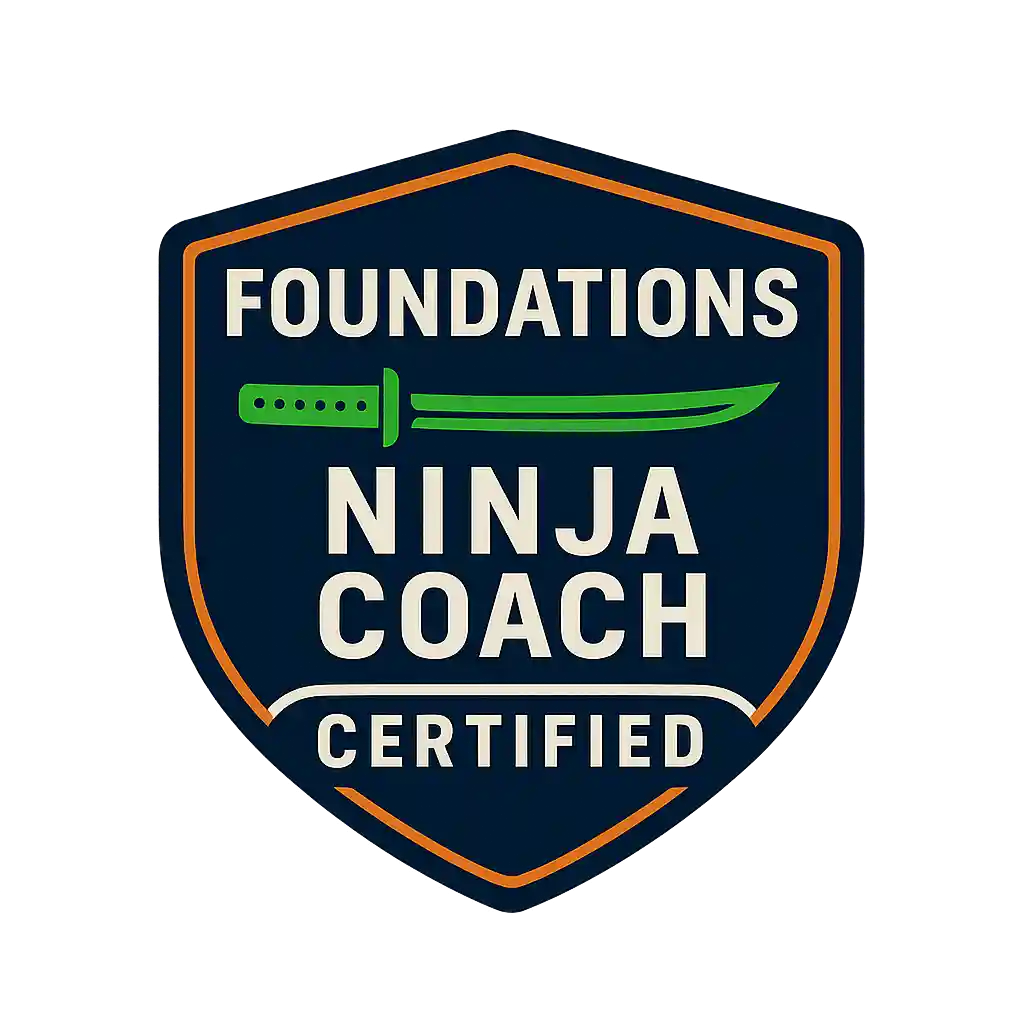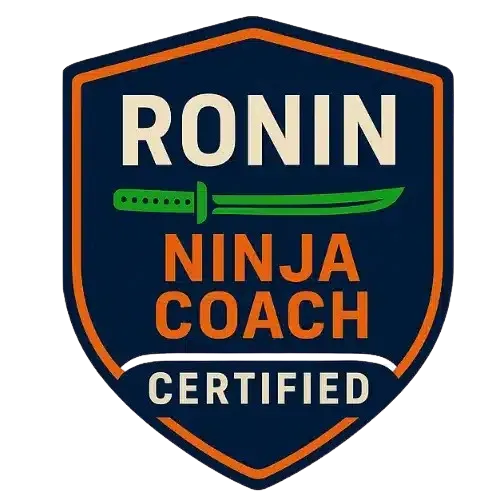
Hiring Your First 10 Employees: Avoiding the Most Common Startup Mistakes
Mindset first: hire for outcomes, not activity
Your first 10 hires either compound your growth or compound your chaos. Hire people who own outcomes, not task-tickers. Create clarity, coach for performance, and fire fast but fair if it’s not working.
The structure that prevents 80% of hiring mistakes
1) Write a one-page Role Scorecard (not a job description)
- Mission: why the role exists (1–2 sentences).
- Outcomes: 3–5 measurable results for the first 90 days and first 12 months.
- Competencies: 6–8 behaviours/skills you can evidence.
Constraints: tools, budget, reporting line, KPIs.
Example (Sales Development Rep, 90 days):
- 300 qualified outbound touches/week; 12 booked qualified meetings/week; pipeline value £150k added/month; CRM hygiene 95%+.
2) Choose your first 10 hires mix (typical)
- Revenue: 1–2 SDR/BDR, 1 AE.
- Delivery/Ops: 1 project/ops coordinator.
- Marketing: 1 content/marketing generalist.
- Product/Service: 2 core delivery roles.
- Finance/People (part-time/outsourced): bookkeeper + HR support.
- Founders: stay on sales and key customer outcomes.
3) Build a simple talent pipeline
- Sources: founder network, customer referrals, targeted LinkedIn, specialist job boards, graduate pipelines.
- Pipeline stages: Applied → Screen → Hiring Manager → Task/Presentation → References → Offer.
- SLA: 48-hour response for every candidate; weekly pipeline review.
4) Run structured interviews (Topgrading-lite)
- Screen (15 mins): communication, motivation, salary expectations, right-to-work.
- Deep-dive (45–60 mins): outcomes they achieved, how they measured success, how they handled failure.
- Task/Presentation: job-relevant (2–4 hours max).
- References: manager + peer; ask about outcomes, reliability, rehire.
Core questions:
- “Tell me about a target you owned. What was the result? How did you measure it?”
- “Describe a time you were behind. What did you change?”
- “What’s the hardest feedback you’ve received? What changed afterwards?”
5) Keep offers simple and aligned
- Clear base + variable (tied to outcomes), equity only where relevant and understood.
- Offer doc includes role scorecard, start date, equipment, probation length, review cadence, confidentiality/IP assignment.
- UK note: ensure right-to-work checks, contracts, basic HR compliance (seek professional advice).
6) Onboard like you mean it (first 30–90 days)
Day 1–7: tools, data access, shadowing, first micro-project.
Day 8–30: weekly 1:1s, first outcomes delivered, feedback loop.
Day 31–90: increase scope, peer review, customer exposure, 90-day review vs scorecard.
Onboarding checklist (essentials):
- Accounts + security, SOPs, org map, role scorecard, buddy assigned, first customer/task win by Day 10.
7) Manage performance with cadence and clarity
- Weekly 1:1 (30 mins): goals, progress, blockers, wellbeing.
- Bi-weekly pipeline/ops review.
- Monthly outcomes review against scorecard.
- If underperforming: performance improvement plan (PIP) with specific outcomes and timeline.
8) Culture by design (not slogans)
- 3–5 behaviours you reward and expect (e.g., ownership, candour, speed, customer obsession, craft).
- Rituals: weekly wins, demo day, AARs after launches.
- Zero-tolerance: blame, secrecy, silent failure.
9) Compensation sanity
- Pay fairly to market; avoid big equity promises early.
- Variable pay only for controllable outcomes.
- Benefits that matter: learning budget, good equipment, flexible working agreements.
10) Your 30-day hiring sprint
- Week 1: finalise scorecards; open roles; set pipeline in ATS/CRM.
- Week 2: screens + deep-dives; shortlist; design tasks.
- Week 3: tasks/presentations; references.
- Week 4: offers and onboarding prep.
Use AI to speed everything up
- Draft role scorecards and job posts aligned to outcomes.
- Create interview scripts and evaluation rubrics.
- Generate onboarding checklists and 90-day plans.
- Summarise interviews into comparable scorecards.















